Toyota reveals massive electric plans: 30 new EVs by 2030 – including an all-new sports car
Toyota is making up for lost time on the EV front, today announcing a huge electric vehicle roll-out that will see 30 new BEV models added to the range by 2030 as part of a $100 billion investment.
While some will be all-new models – including the brand’s bZ (or Beyond Zero) range that will include a mid-size SUV, a small city-friendly crossover, a mid-size sedan and a three-row, seven-seat large SUV – others will be electrified versions of familiar nameplates, with what appears to be a Tundra pick-up truck among the models previewed.
All of which will join the five-seat mid-sized SUV, the bZ4X, which will be available as a single motor two-wheel drive or dual motor all-wheel drive, giving the top selling brand a rival to the Hyundai Ioniq 5, Polestar 2 and upcoming Tesla Model Y and Kia EV6.
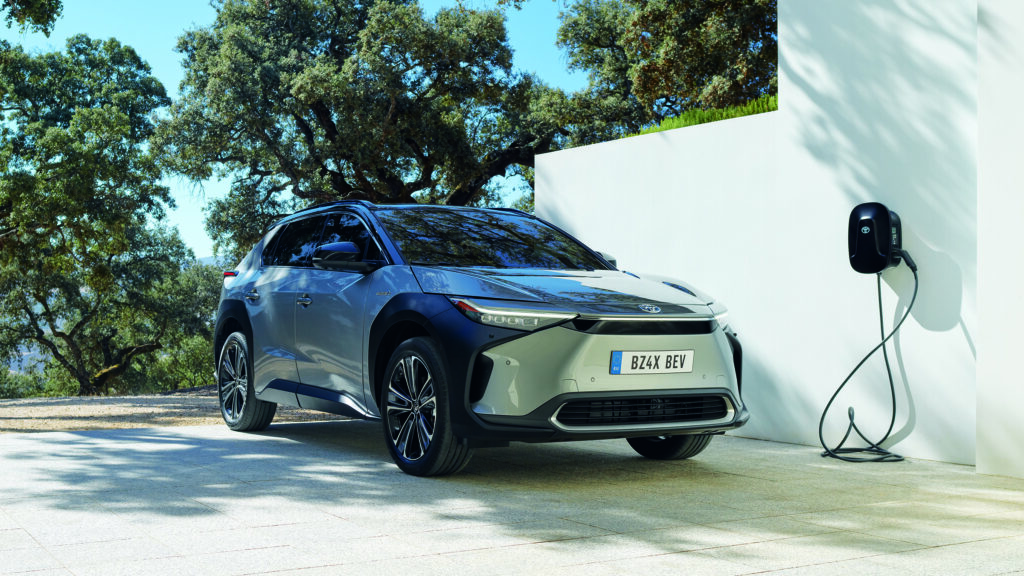
“We will not only add battery options to existing models, but we will also produce a full line-up of EV vehicles,” says says Toyota boss Akio Toyoda.
“By doing so, we hope to deliver to customers around the world unique styling and a fun-to-drive experience.”
The brand also announced plans to increase BEV sales to 3.5 million a year by 2030.
Lexus, too, will be reshaped as an electric vehicle company, with the brand to use BEV technology as the undermining of its next chapter, which will begin with the new RZ.
All up, the brand today previewed 16 vehicles, including large SUVs, city-sized crossovers, off-road-focused adventure SUVs and a rather strange-looking buggy.
But of all the vehicles previewed today, perhaps the most interesting was a new EV performance car that is destined to launch by 2030.
Hidden towards the back of the fleet revealed today, and rarely touched upon in the presentation, the sports car would fulfil Toyota’s long-standing promise to add a new performance car to join the Supra and the GR86.
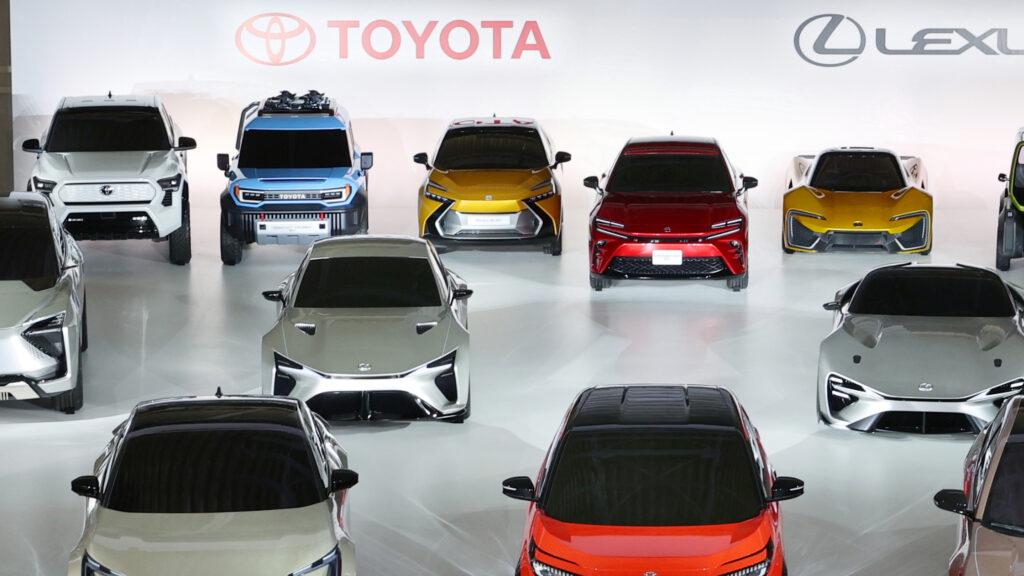
Toyota’s over-arching EV vision will see the brand invest heavily in battery technology, and on energy efficiency, with the brand promising the smallest model in its BZ range will require 12.5kWh/100km – a number the brand says will be standard-setting in the segment.
“The more batteries you add, the bigger and heavier and more expensive it becomes,” says Mr Toyoda.
“The bigger question is how much we increase power efficiency. This is exactly the technology we’ve been refining for more than 30 years.”
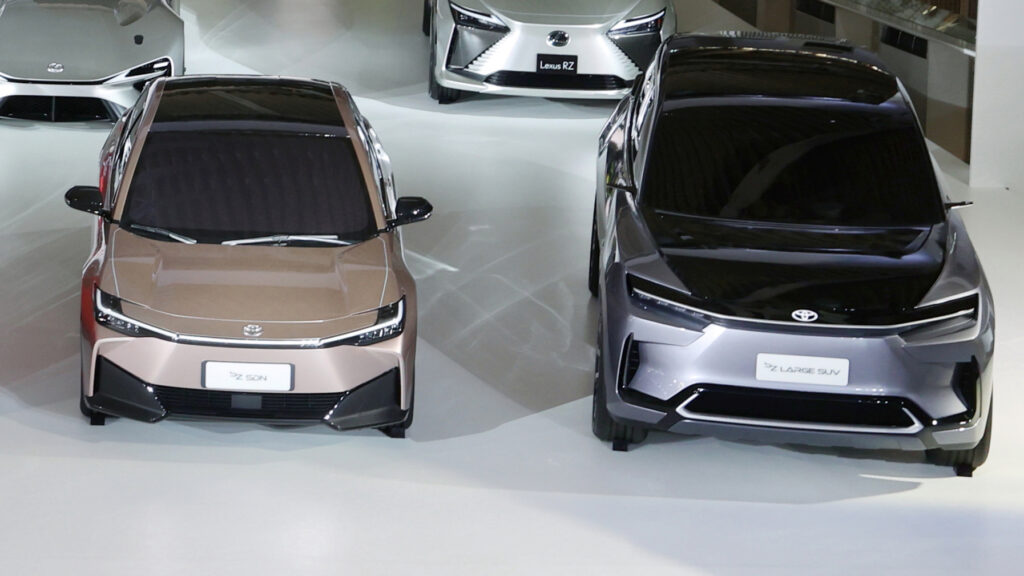
The presentation elsewhere, though, was a little light on detail, specifically on what each model would offer, and what battery and motor combinations might be fitted.
But it would appear we don’t have too long left to wait to find out, with Mr Toyoda promising this is not a distant vision, with most of the vehicles previewed today to launch within “the next few years”.

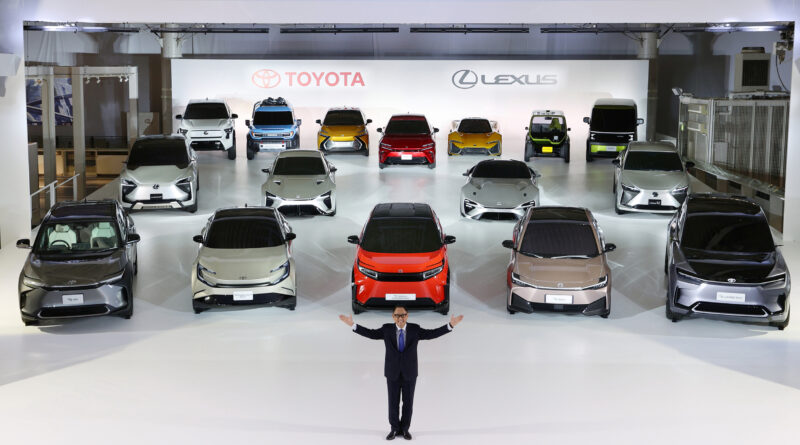
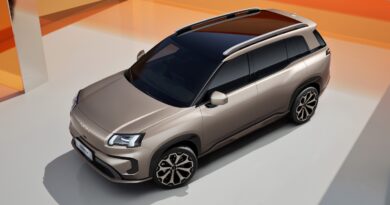
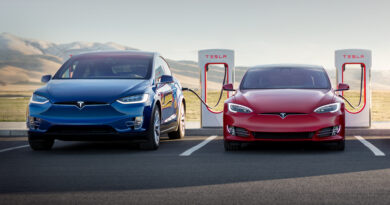
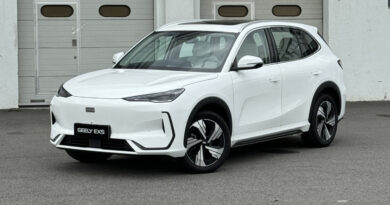
Will Toyota still be in business by 2030 after their anti Bev assault,because they refused to take the next gigantic step from hybrid technology to BEV and wasted so much time and money on Hydrogen powered vehiclesthat the majority of consumers do not want.
Who wants to be forever tied to the fossil fuel industry and contributing to their profits by purchasing Hydrogen for you vehicle at the price They set when I can buy a BEV and charge it for free via my home solar panels.